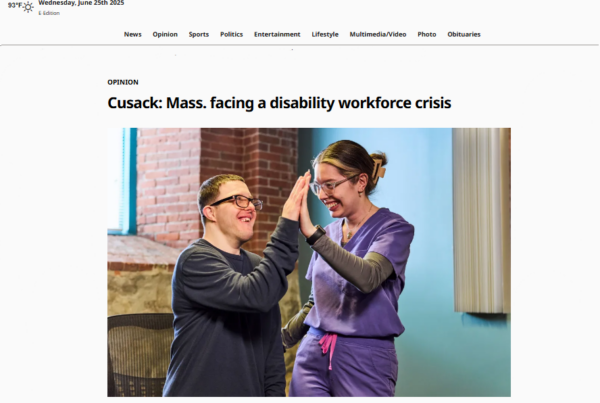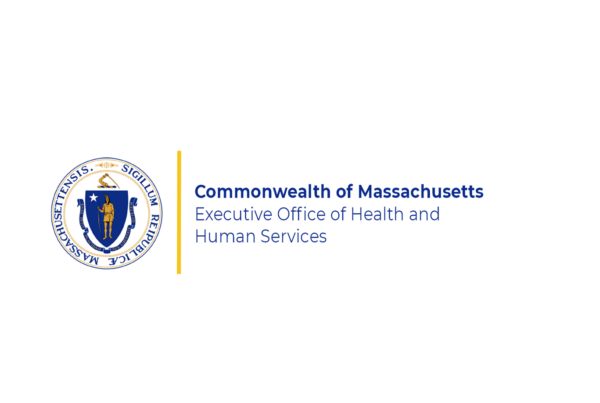There is a workforce shortage crisis in Massachusetts for Direct Support Workforce, including home care workers, personal care attendants (PCAs), and direct support professionals (DSPs), that support individuals with intellectual and developmental disabilities (IDD) and autism in the Commonwealth.
Solutions to the workforce crisis are critical to ensuring that people with IDD and autism can safely live, work, and contribute to their communities.







